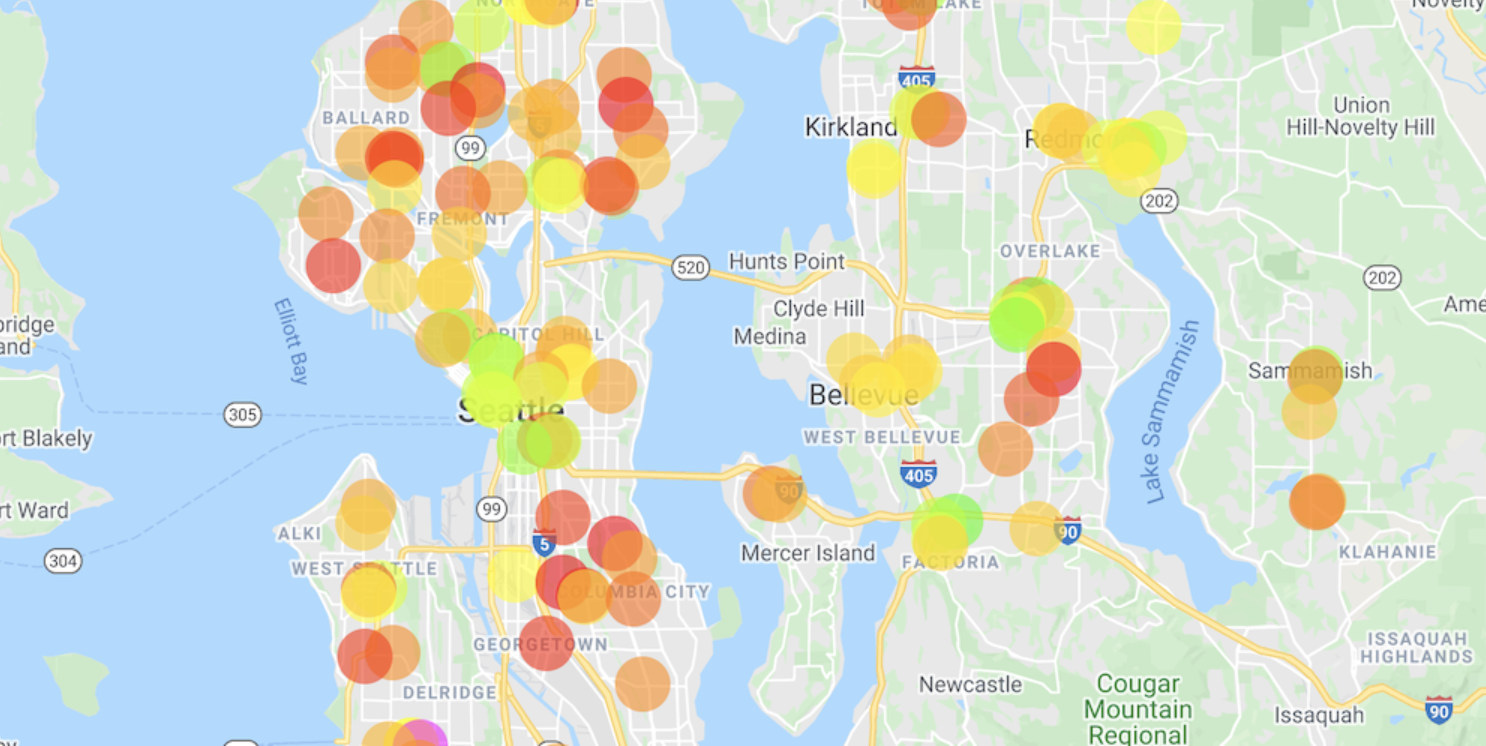- Published Date: 28/07/2020
- by: UNDP
Youths in a time of Corona Virus (Covid-19)

Surveying Youth Free-Time
It’s prevalent that people are encouraged to stay at home during COVID-19 . Additionally, many schools, public spaces and activity space are temporarily closed. These factors have made people, especially kids and youths, have so much time at home.
The UNICEF and its partners’ survey findings on Covid-19 Impacts to Youths showed that more than 50% of the respondents’ free time at home have increased to 5 hours more a day. Those who are below 10 were the group of people with the highest satisfaction regarding the free-time they have gained while people aged 20 years to 24 years felt the least-satisfied with the too-much-free-time.
When it comes to activities, it is obvious that watching online video and movies, using social media and browsing internet were the top three activities for all genders, except for below 10-year-old children whose main activity was watching TV.
When asked about what they want to learn during their time staying at home, English language, school curriculums , and other skills such as art, music, cooking, writing were the top three interests consecutively.
Youth Social Innovation
Apart from general activities, some youths have spent their time developing ideas and skills in social innovations that solve some problems or concerns during Covid-19.
Following are a couple of examples of youth social innovation.

Israel Smith, a 12 year-old boy in USA spent his time developing a video game reflecting the fast spreading coronavirus situation during COVID-19.
His game is simple. Basically, a player is required to control the avatar and shoot at the viruses running across the screen. He utilized his coding skill to modify the old-school arcade game Space Impact to the new version of coronavirus theme.
The game is user-friendly with a doodle-like style in designing background and characters.
Smith intended to make the game for his friends and other kids for the purpose of stress relief. He focused on the game objective — eliminating the virus so that they can better cope with fear. He wants the kids to feel relaxed even under the tough situation. Most importantly, he inserted some crucial facts in the game. Before the beginning of every turn, bubbles with informative text such as “Corona Virus spread from person to person” will pop up. One of the viruses also had the bubble shown “Where is your face mask?”.
Smith game may be quite straightforward but it is in comply with Centers for Disease Control and Prevention (CDC)’s suggestion that children and teens may respond more strongly to the crisis. In order to help them cope with the crisis, sharing information in a way they can relate to would be helpful.
The game is available at: https://scratch.mit.edu/projects/384381919

- Grocercheck
If it’s possible, many try to avoid putting themselves at risk but sometimes we just need to go out to get some essentials.
Just like a situation a high school student in Canada faced: Brian Chen was baking a loaf of bread and he just realized that he ran out of eggs. He was hesitant about getting them from a big superstore where he might have to queue up in a long line or from getting them from a local grocery located 5 blocks away, which would be the best option for him to keep proper social distancing. From that incident, he shared an idea with his high school friends. They quickly developed and came up with a website called https://grocercheck.ca/.
The website indicates location of grocery stores across the cities with the colored-bubbles, ranging from red to green, showing how busy each store is. The red bubble means very very busy while green means not busy at all. This website analyses real-time location data from Google server.
By checking the color of the bubble on the website, the users can make an informed decision whether to go grocery shopping right away, or should they wait for the color to change, or should they go to less crowded stores instead.
Currently, Grocer Check is available in some cities of Canada’s British Columbia, Ontario, and Quebec and five cities of United States of America.
Resource:
https://www.unicef.org/thailand/th/media/4031/file
https://dailyhive.com/seattle/new-website-grocercheck-seattle





